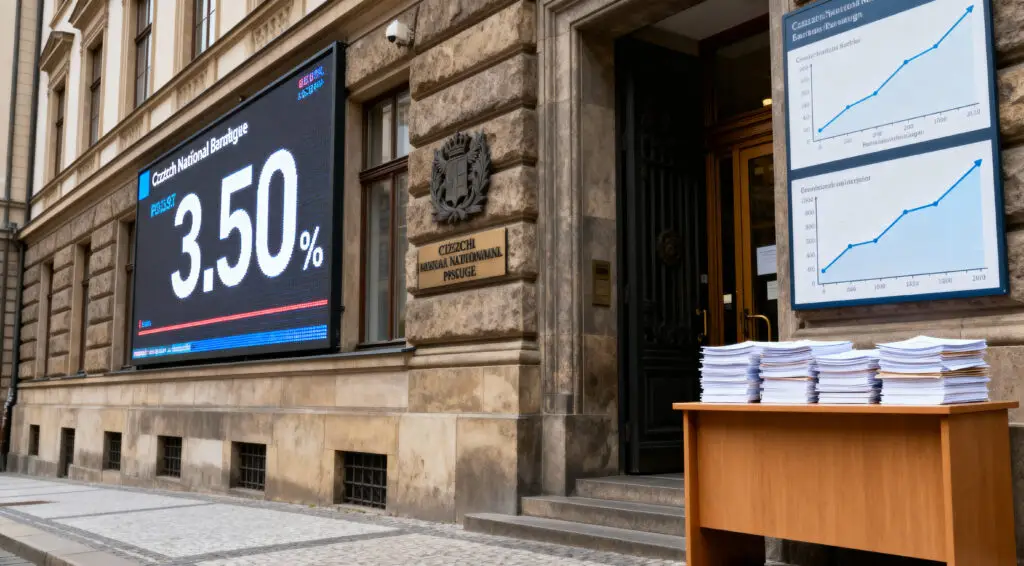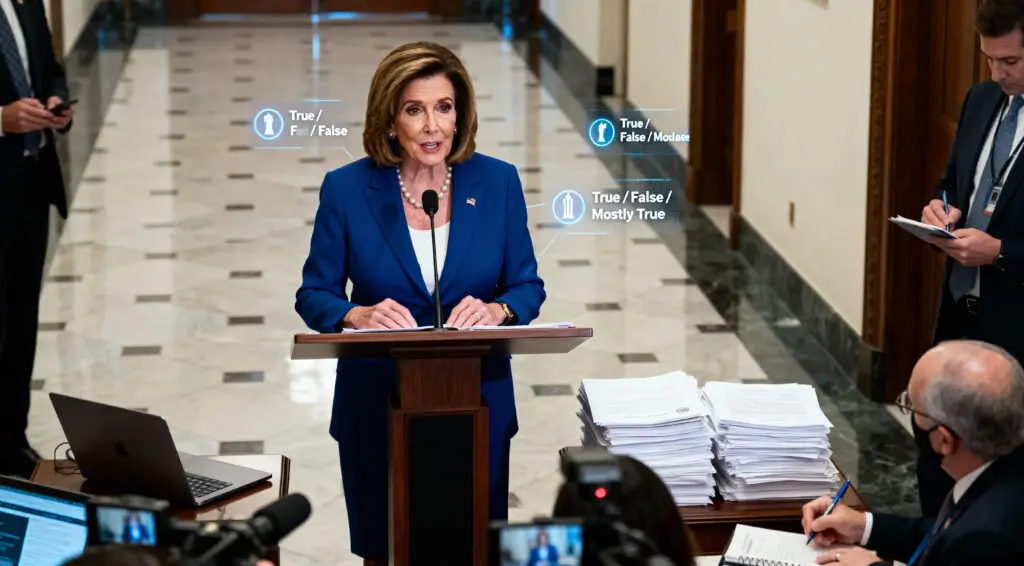Americans Prepare for Sharp Healthcare Cost Increases
As the Affordable Care Act marketplace opens up for enrollment, millions of Americans are getting ready for big increases in health insurance costs. Experts say that when government subsidies run out, expenses will go up a lot for families and small business owners all around the country.
Around twenty-four million individuals buy insurance via the marketplace right now, and most of them use tax credits to lower their costs. If these subsidies aren’t given, the average monthly cost is predicted to go up by more than 114%.

Source: Investopedia
Expiring Subsidies Could Double or Triple Monthly Premiums
KFF, a charity that does health studies, says that eliminating tax credits might cost many people at least $1,000 more a year. For some families, the overall rise might be substantially larger, making it hard for working families and retirees to afford it.
Stacy Cox and her husband operate a small business in Utah. They estimate their premiums to go up from $495 to more than $2,000 a month. That shocking 338 percent rise could make them have to terminate their coverage altogether.
Millions at Risk of Losing Coverage and Essential Care
Experts believe about seven million individuals might exit the marketplace if subsidies are not restored by year’s end. Out of those, between four and five million are anticipated to lose their health insurance completely because they can’t pay it.
Patients with long-term diseases or genetic problems are at greater risk since lower plans only cover emergency treatment and not preventative or regular care. Many Americans may soon have to rely on alternatives that don’t cover catastrophic medical costs because they don’t have enough insurance.
Recommended Article: Europe and Central Asia Back WHO Strategy for Child Health
Political Deadlock Blocks Extension of ACA Subsidies
The federal government has been shut down for two months now, and Congress is still deadlocked. This is holding up work on legislation to restore subsidies. As part of larger talks to settle the continuing budget deadlock, Democrats want to keep healthcare credits running.
Republican leaders said that the problem should be dealt with on its own once the government is back to normal. But there have been significant splits within the party, with some conservatives worried about the social and economic effects of ending subsidies.
Human Stories Highlight the Real Cost of Policy Gridlock
Stacy Cox and her husband both have autoimmune and cardiovascular diseases, which makes the uncertainty feel like too much to handle. If they couldn’t get inexpensive insurance, they would have to choose an emergency plan that doesn’t cover important drugs and exams.
Cox stated, “It’s horribly stressful,” and he stressed that losing coverage puts not just finances but also long-term health at risk. Her experience shows how worried millions of Americans are getting as they become stuck between policy deadlock and escalating medical costs.
Bipartisan Debate Reflects Deep Divide Over Healthcare Policy
Democrats say that the subsidies are necessary measures that make sure everyone in the country can have affordable health insurance. They also want to undo the Medicaid cuts that previous President Donald Trump made to help needy groups again.
Some Republicans still don’t like the subsidies, calling them an unsustainable part of Obamacare. But those like Trump’s friend Marjorie Taylor Greene have broken ranks and called the end of the subsidy “absolutely disgusting,” pushing for it to be reinstated right away.
Legal and Economic Uncertainty Compounds Public Anxiety
The discussion about subsidies is happening at the same time as bigger problems with federal finances that might hurt programs like food help for 40 million Americans. A federal court recently authorized the government to keep making payments for the Supplemental Nutrition Assistance Program using emergency funds for a short time.
Trump replied on Truth Social, claiming that his lawyers want to know how to keep SNAP payments going even if different courts have made different decisions. The two crises show how legislative impasse over healthcare and welfare is now hurting millions of families who are already having a hard time.
Urgent Need for Action to Protect Affordable Care Access
Economists say that not renewing healthcare subsidies might undo years of progress made by the Affordable Care Act. If rates go up, millions of people will leave the insurance pool, which would make markets unstable and put a lot of stress on hospitals around the country.
Millions are waiting for Congress to act as open enrollment begins at a time of unprecedented financial instability. The legislative deadlock might make America’s increasing inequality worse since it puts healthcare, food aid, and other important services at risk.























